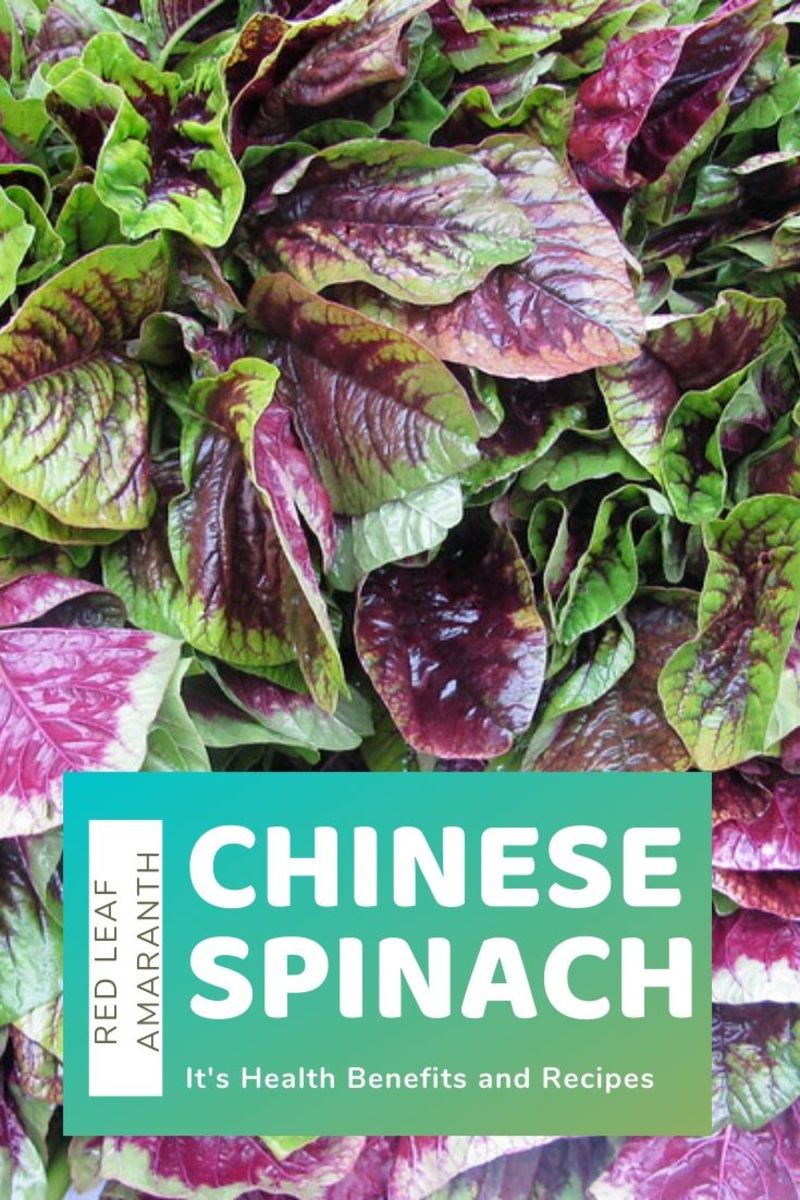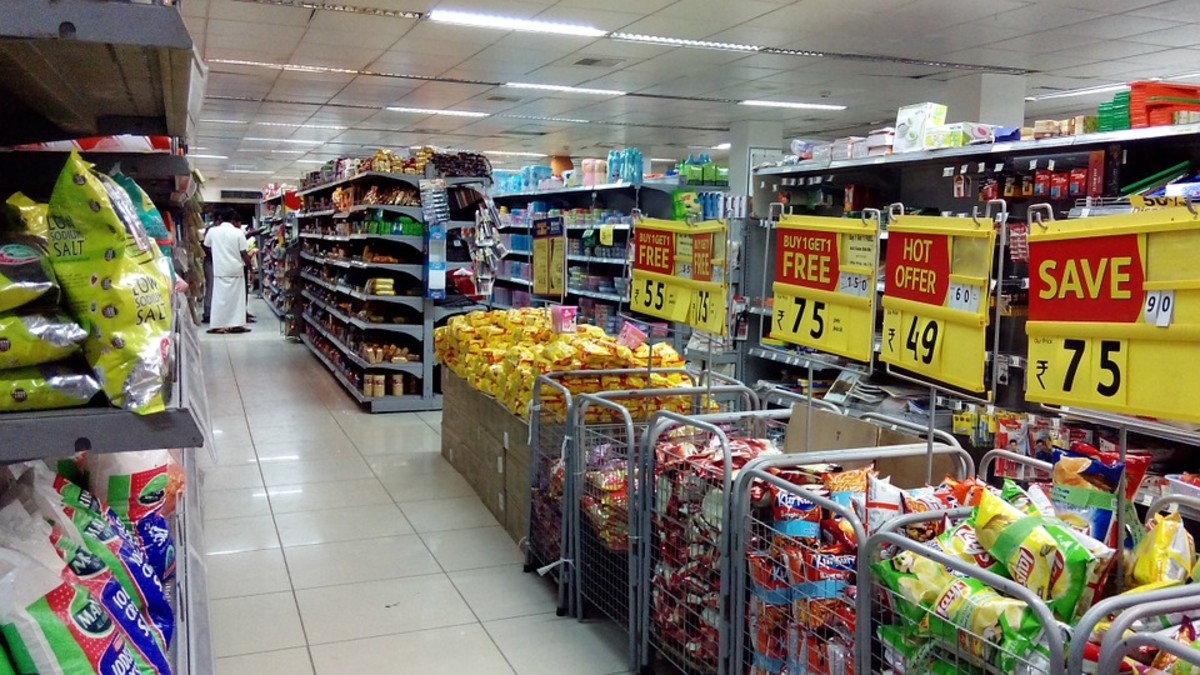Organic is Good for the Environment
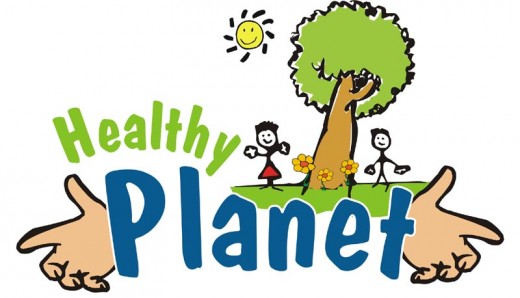
Did you know that your food choices can impact the environment? By choosing healthy foods, you can help create a healthy planet. Purchasing and eating organic foods is an environmentally friendly choice.
Something is organic if it has been raised, grown, and processed without the use of synthetic (manmade) chemicals, fertilizers, herbicides, insecticides, fungicides, antibiotics, or hormones. Food products cannot be labeled “certified organic” in the United States without accreditation from a certified agent.
Scientists have linked disease to environmental toxins, and proven the negative impact fertilizers and pesticides have on our health. So, deciding to go organic benefits our health, as well as being good for the environment.
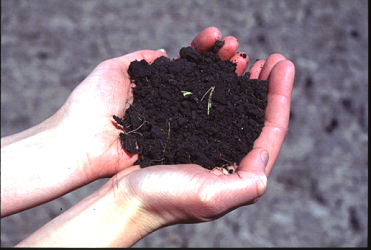
Healthy Soil, Healthy Planet
In the 1950s, farmers began using chemical fertilizers and pesticides to help increase their crop. But since then, weeds, insects, and diseases—the very things the chemicals fought—have developed resistance to the pesticides. This led to the development and use of even stronger pesticides. Not only are the pesticides stronger, but they also have to be used more often to be effective. Although the use of pesticides since the 1950s has dramatically increased, the same percentage of crops have been lost to pests as before farmer began using these chemicals.
The International Food Policy Research Institute conducted a study that showed 40% of the world’s soil is depleted due to:
- Erosion – from planning the same crop over and over again, in the same spots
- Nutrient Depletion – from using chemical fertilizers
- Salinization – the increase of salt in soil due to excessive irrigation.
Organic farming methods can reverse this damage, while also making healthy soil. The methods used in organic farming include crop rotation, careful water use (and controlling runoff), and using fertilizers like compost and manure instead of chemicals.
Conventional farming methods (non-organic farming) cause the loss of over three billion tons of topsoil just in the United States every year. So, supporting organic farmers helps preserve soil.
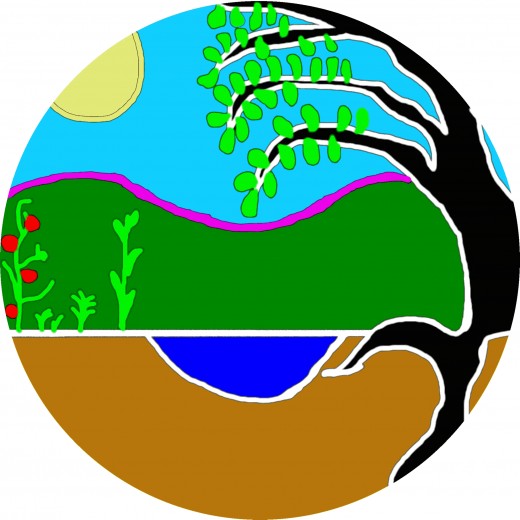
Buying organic will help protect the planet’s water because pesticides contaminate groundwater. This contamination affects the supply of drinking water in most of Canada and the U.S. Water contaminated by pesticides doesn’t only harm people—when this water reaches bodies of water, like lakes and rivers, it causes algae to grow rapidly. The abundance of algae ends up suffocating the natural plants and animals living in the water.
Petroleum based fertilizers provides plants with nitrogen that causes rapid growth. The nitrogen compounds can then enter the atmosphere, which contributes to gloabal warming. You can wash away some of the chemical residue before eating produce, but that won’t keep the nitrogen out of the atmosphere.
Buying organic foods can cost more money, but if you try to at least supplement some of your conventional foods with organic ones, you will make a difference. Sometimes it is hard to believe that every small act makes a difference. But it does. Every step, no matter how big or small, makes a difference.






